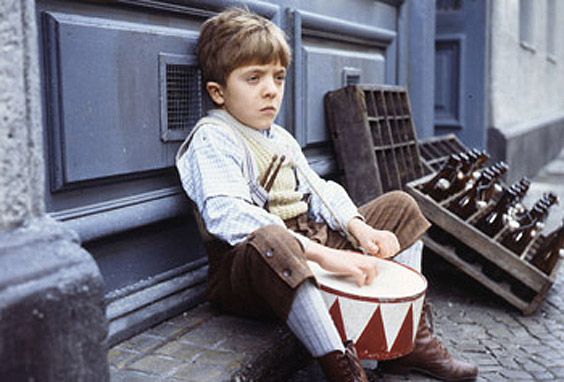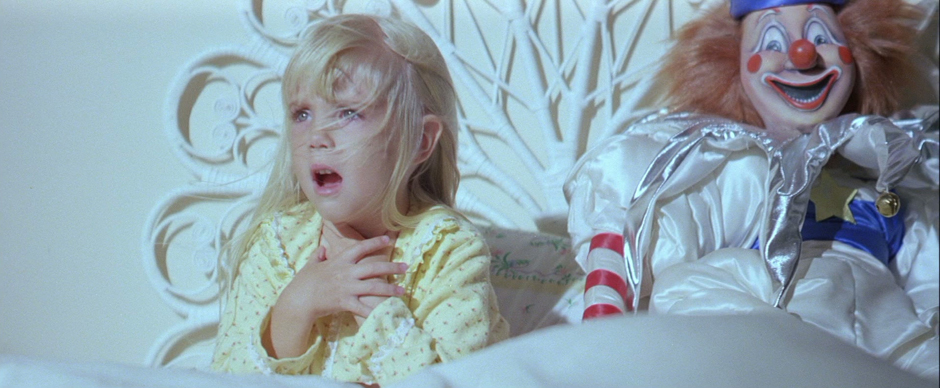PASSING ON THE GENRE GENE (PART 2)
In conjunction with Spectacular Optical’s upcoming KID POWER! book, here’s part two of a three-part series in which writer/film programmer Bret Berg talks to filmmakers about introducing their canadian pharmacy viagra generic kids to cult films. This time he talks to Gil Kenan, director of Monster House and the Poltergeist remake, due out in 2015.
See Part 1 of this series, an interview with producer Daniel Noah (Cooties, Open Windows) HERE.
****
In what ways was the realm of the ‘cinefantastique’ formative to you?
The only restrictions in what I could watch came from geography, because my first three years were spent in England, and how to get cialis then the next four were in Israel. My theatrical experiences were limited to big-time Hollywood features—Star Wars, the big spectacles. I was really limited until I came to the States in the mid-’80s. That’s not to say that I wasn’t exposed to a lot of inappropriate things, because my dad wanted someone to go see movies with.
I remember being scarred by The Tin Drum when I was five. I learned from that film what I thought at the time was a normal human sexual relationship. I was exposed to a lot of Holocaust documentaries as a little kid—once you’ve gotten into that, it takes a few years until “horror” feels effecting in any way. It wasn’t until I came viagra to order to America, though, that horror films entered my life. I was about seven or eight, and that first year, I saw A Nightmare On Elm Street in the theater. That was my first theatrical horror experience.
My dad’s Israeli, but he grew up in England most of his life. He had a different filter about what I was “ready to see”. We talk about viagra no prescription this now; he brings up that I was really soaking this stuff up. I never had a freakout, I was always up for it, and would discuss it afterwards with him. He would’ve stopped years earlier if I’d had some sort of meltdown. The fact that I was into it encouraged him to keep going.
No definitive moments for you, of watching something that gripped you with fear…?
I remember being really freaked out about Linda Blair pissing on the carpet in The Exorcist. It’s funny that in a movie with lots of full-on effects horror moments, what stuck with me was the thought about another kid pissing in a room full of adults.
It’s a definite relatable fear for a kid, that you could piss in public and get embarrassed by it. Are these moments developmentally necessary for kids?
Being scared is an important feeling, and kids seek it out in different ways. It’s why hide-and-seek is such a thrill. It’s not so much finding someone and touching them; every kid knows that the most exciting part of hide-and-seek is when you’re hiding in the closet, and you can hear the footsteps of the other kid coming to find you. It’s a basic, animal thing—the same thing you feel in Halloween, when the door closes and Michael Myers is standing behind it. That’s all connected, and we seek it out, whether we’re mainlining horror when you’re able to curate your own viewing, or in the stages leading up to it.
How does all this play into your relationship with your daughter?
She had a really emotional experience watching Frankenweenie—it totally affected her when Sparky dies. It made me happy that she could feel something for animated characters on the screen, but I also realized that she’s still really young, and I want her to enjoy those kid experiences. Also, she can’t help but know that I make movies like these myself.
She’s lived with the cover box art for Monster House, and she knows it’s gonna be a rite of passage for her to view it. She’s been asking since she was two-and-a-half when she can see it. She’s five now—we’ve said that this Halloween can be the first time she sees it. I think she’ll be totally ready for it.
She knows I’m making a Poltergeist film now. She knows that there’s a little girl in it that’s basically her age, that’s gonna go through some pretty rough shit. She’s actually asked to play the spirit of a dead girl in the film.
How old were you when you saw the original Poltergeist?
I’m sure I saw it within the first year that I was in the States. Must’ve been eight or nine. One of the reasons people from our generation remember that film so fondly, other than it working so well, is that, for a lot of kids, it was the first “real” horror film they saw. The tropes of the horror film were all there in a family film model, so it felt like a safe way to start.
With Monster House, I was able to speak to really young kids, ages seven, eight, nine. Those are the ages when the experiences in that film are totally hungered for. I’m aiming my Poltergeist remake at that same generation, but they’ve now grown up: 12, 13 and up. I want to terrorize them, but I also want them to feel like it’s something of which they can take ownership. I want mine to be a gateway film.
Aside from horror—and regardless of what you tell her—your daughter, as she grows a tad older, will be able to gain easy access to the most extreme shit on the face of the planet: Goatse, Lemon Party, Two Girls One Cup, all that. Do you take it as a fact that she will see that stuff? When you and I grew up, we didn’t have anything remotely like that.
No, we had to find a magazine in the gutter on the walk home from school, and peel the pages off of it that had pond scum, and find the two pages of massage ads in the back. Cut those out with scissors, and store those in our secret hideaway drawer. That was about it.
All you can do is trust comfortably that that stuff is gonna happen eventually. You can try to construct a timeframe where the kid’s got enough architecture to be able to deal with it, without it permanently messing with them. You do as much work as you can, in the run-up to that inevitability, to make sure there’s enough basic values, understanding of right from wrong, morality. Whatever the family’s variable definition of that is. That’s really all you can do.

 May 30, 2014
May 30, 2014 












Comments
This series reminds me of the unforgettable conversation I had with my four year-old twin daughters the morning after they…accidentally…watched almost all of The Shining.
10 yearss ago